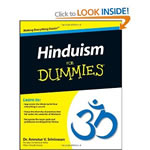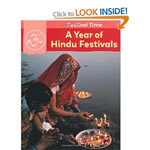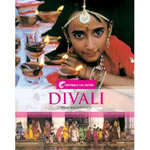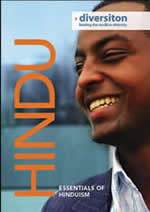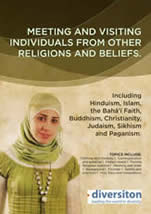Holy Days and Festivals
It has been said that in hinduism there is a festival for each day in a year,This may be an underestimate!
In common with other faiths, Hindu festivals mostly fall into two broad categories: Those that celebrate teachers and saints in the tradition and those that celebrate notable events from scripture.
Hindu festivals are an opportunity for devotees to refocus on their spiritual life and to increase their meditation on God and his pure followers. Most festivals include prayer and reading of scripture while some will include fasting for part or all of the day. Some festivals are immensely joyful, such as Holi where revellers throw coloured dyes and powders over each other. Other festivals are very attractive, such as Diwali, when houses and temples are lit up with candles.
LATEST BOOK REVIEWS
Hinduism For Dummies (Religion & Spirituality)
A Year of Hindu Festivals (Festival Time)
Hindu holy days and festivals follow a lunisolar calendar, thus dates vary from year to year. A few of the most popular are:
- Diwali. Known as the festival of lights, this commemorates the return of Lord Rama from His exile in the forest. It is, for many traditions, a new-year celebration. It takes place between late October and the middle of November.
- Dussehra. A celebration of good conquering evil, this festival lasts ten days and takes place between late September and the middle of October.
- Holi. A spring festival to celebrate creation and renewal, linked with Lord Krishna.
- Navaratri. A nine day festival which celebrates the triumph of good over evil.
- Janmastami. A celebration marking the appearance on earth of Lord Krishna.

